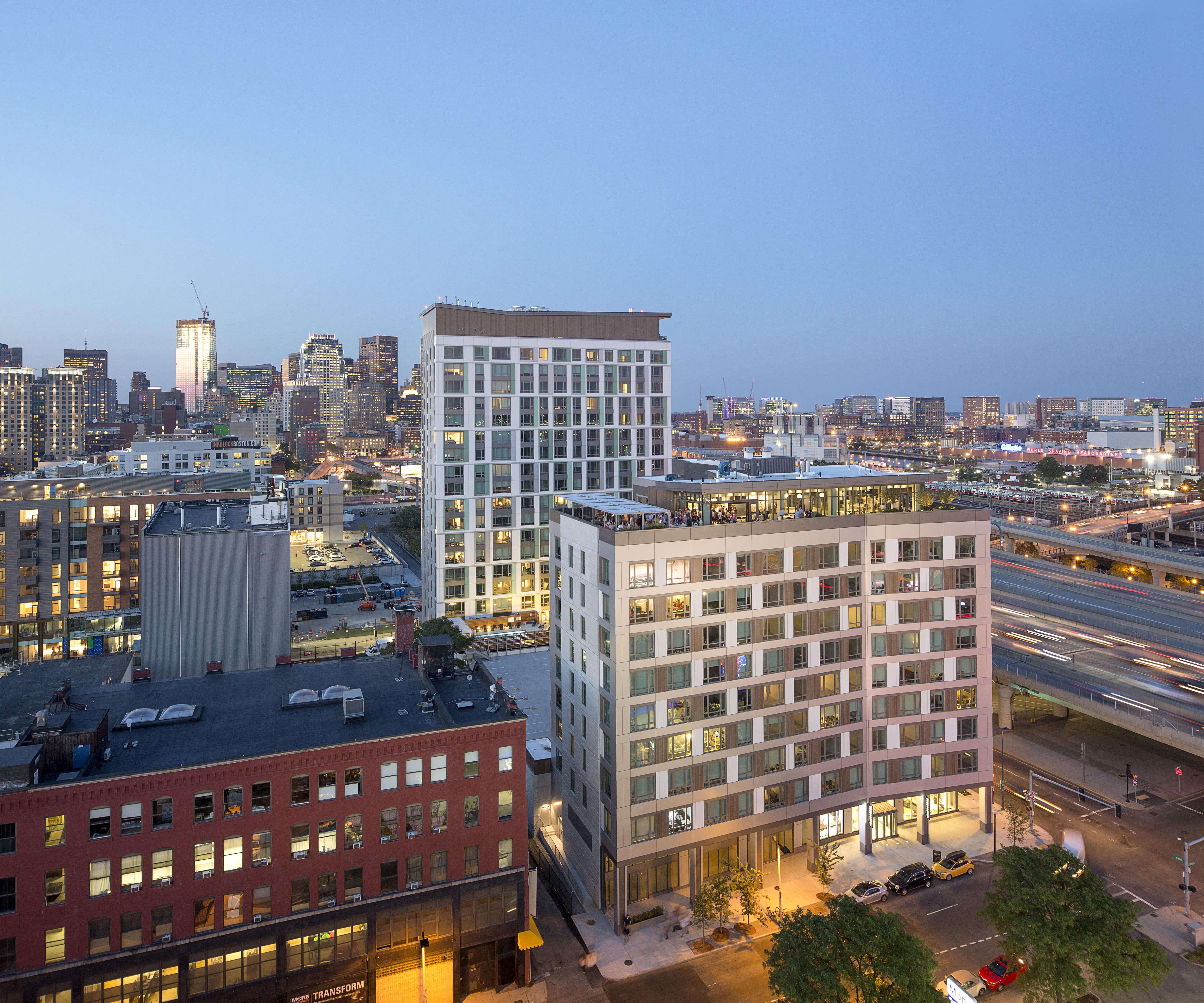Last week was the first where the coronavirus suddenly became very real for much of America, and it shows in mortgage application data from the Mortgage Bankers Association.
Mortgage application volume decreased 29.4 percent on a seasonally adjusted basis from one week earlier, the MBA’s survey for the week ending March 20. Unadjusted, that drop was 29 percent.
While mortgage applications fall, refinancing, which can be done from home, is soaring.
The MBA’s Refinance Index, which measures refi application volume, decreased 34 percent from the previous week. However, that index was still 195 percent higher than the same week one year ago. The seasonally adjusted Purchase Index decreased 15 percent from one week earlier and 14 percent without adjustment compared with the previous week and was 11 percent lower than the same week one year ago.
Lending Tree says the economic effects of the virus outbreak have led to unprecedented volatility in mortgage interest rates and an overwhelming surge of borrower demand. The company’s data shows that refinance mortgage applications through its marketplace tripled from a year ago in each of the 50 largest cities and in all but five states. In San Francisco, refinance loan requests skyrocketed 417 percent.
MBA Associate Vice President of Economic and Industry Forecasting Joel said the decline in purchase application volume – the first in three months – was likely due to growing uncertainty over the nation’s economy as states dramatically restrict business activity and daily life in an effort to stop the coronavirus’ spread.
“Home purchase applications were notably impacted by rising rates and the widespread economic disruption and uncertainty over household employment and incomes,” he said in a statement. “Potential homebuyers might continue to hold off on buying until there is a slowdown in the spread of the coronavirus and more clarity on the economic outlook.”
The figures are consistent with a significant drop in homebuyer interest reported last week by the National Association of Realtors on March 19. Nearly half of Realtors – 48 percent – said in response to a NAR survey that home buyer interest had decreased due to the coronavirus outbreak, triple the figure from the week before. At the same time, almost seven in 10 said there had been no change in the number of homes on the market due to the coronavirus outbreak, down from 87 percent a week ago.
But COVID-19 wasn’t the only thing on applicants’ minds, the MBA pointed out in its announcement.
“The 30-year fixed mortgage rate reached its highest level since mid-January last week, even as Treasury yields remained at relatively low levels. Several factors pushed rates higher, including increased secondary market volatility, lenders grappling with capacity issues and backlogs in their pipelines and remote work staffing challenges,” Kan said. “With these higher rates, refinance activity fell 34 percent, and both the conventional and government indices dropped to their lowest level in a month. Looking ahead, this week’s additional actions taken by the Federal Reserve to restore liquidity and stabilize the mortgage-backed securities market could put downward pressure on mortgage rates, allowing more homeowners the opportunity to refinance.”
Other topline, seasonally unadjusted numbers from the MBA survey include:
- The refinance share of mortgage activity decreased to 69.3 percent of total applications from 74.5 percent the previous week. The adjustable-rate mortgage (ARM) share of activity decreased to 6.1 percent of total applications.
- The FHA share of total applications increased to 8.4 percent from 7.3 percent the week prior. The VA share of total applications decreased to 12.5 percent from 14.5 percent the week prior. The USDA share of total applications remained unchanged from 0.4 percent the week prior.
- The average contract interest rate for 30-year fixed-rate mortgages with conforming loan balances ($510,400 or less) increased to 3.82 percent from 3.74 percent, with points decreasing to 0.35 from 0.37 (including the origination fee) for 80 percent loan-to-value ratio (LTV) loans. The effective rate increased from last week.
- The average contract interest rate for 30-year fixed-rate mortgages with jumbo loan balances (greater than $510,400) increased to 3.84 percent from 3.77 percent, with points increasing to 0.35 from 0.32 (including the origination fee) for 80 percent LTV loans. The effective rate increased from last week.
- The average contract interest rate for 30-year fixed-rate mortgages backed by the FHA decreased to 3.69 percent from 3.71 percent, with points increasing to 0.43 from 0.28 (including the origination fee) for 80 percent LTV loans. The effective rate increased from last week.
- The average contract interest rate for 15-year fixed-rate mortgages increased to 3.28 percent from 3.10 percent, with points increasing to 0.38 from 0.37 (including the origination fee) for 80 percent LTV loans. The effective rate increased from last week.
- The average contract interest rate for 5/1 ARMs increased to 3.38 percent from 3.19 percent, with points increasing to 0.26 from 0.19 (including the origination fee) for 80 percent LTV loans. The effective rate increased from last week.
Updated 12:18 p.m., March 25, 2020: Material from the Associated Press about refinance application activity was added to this story.







